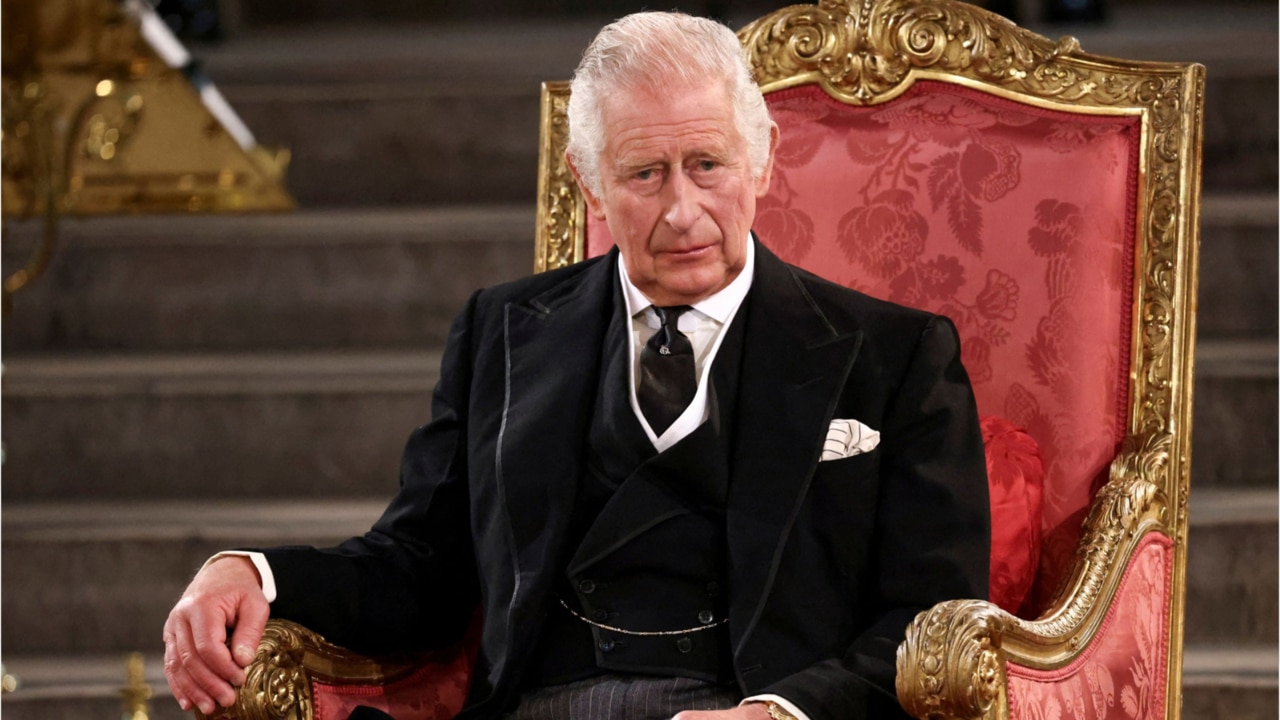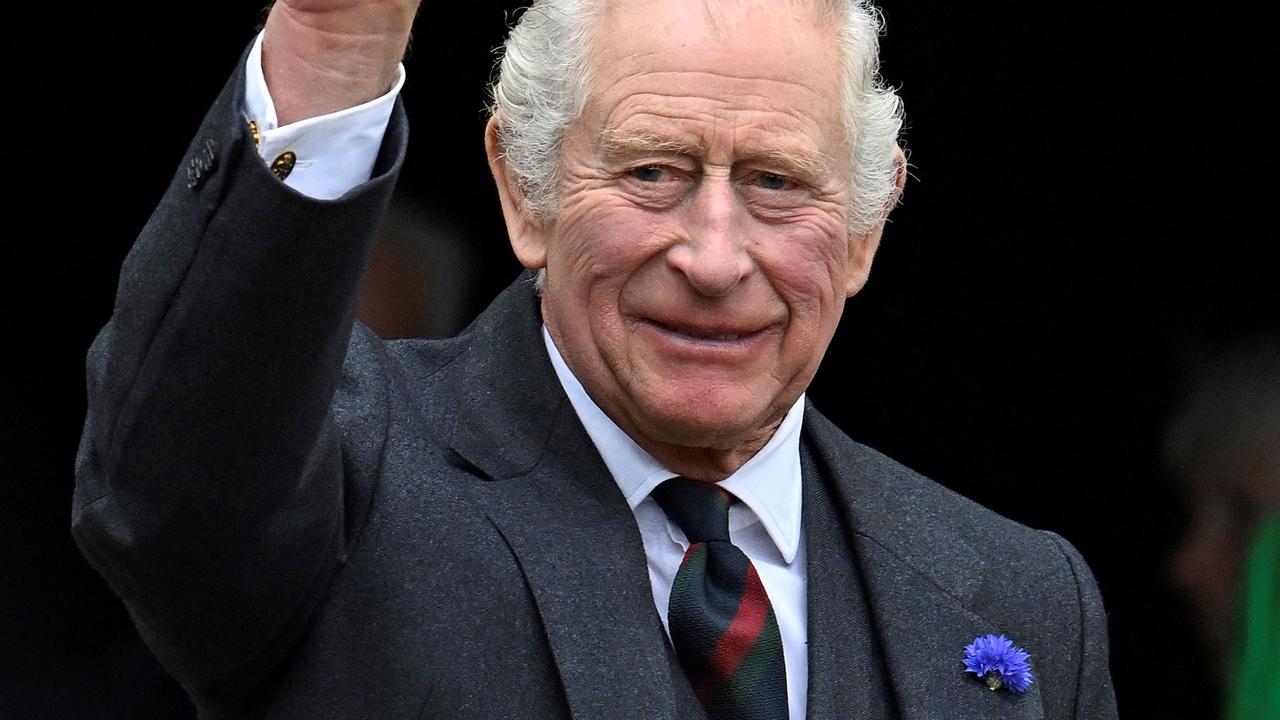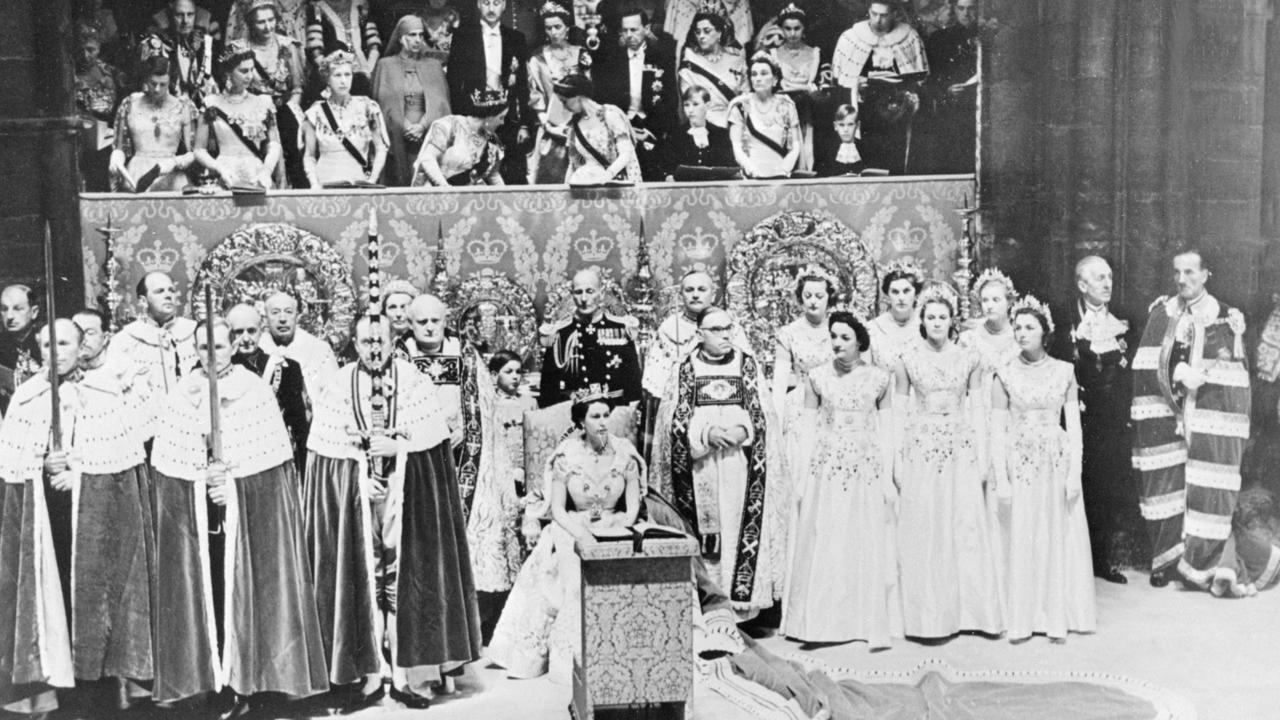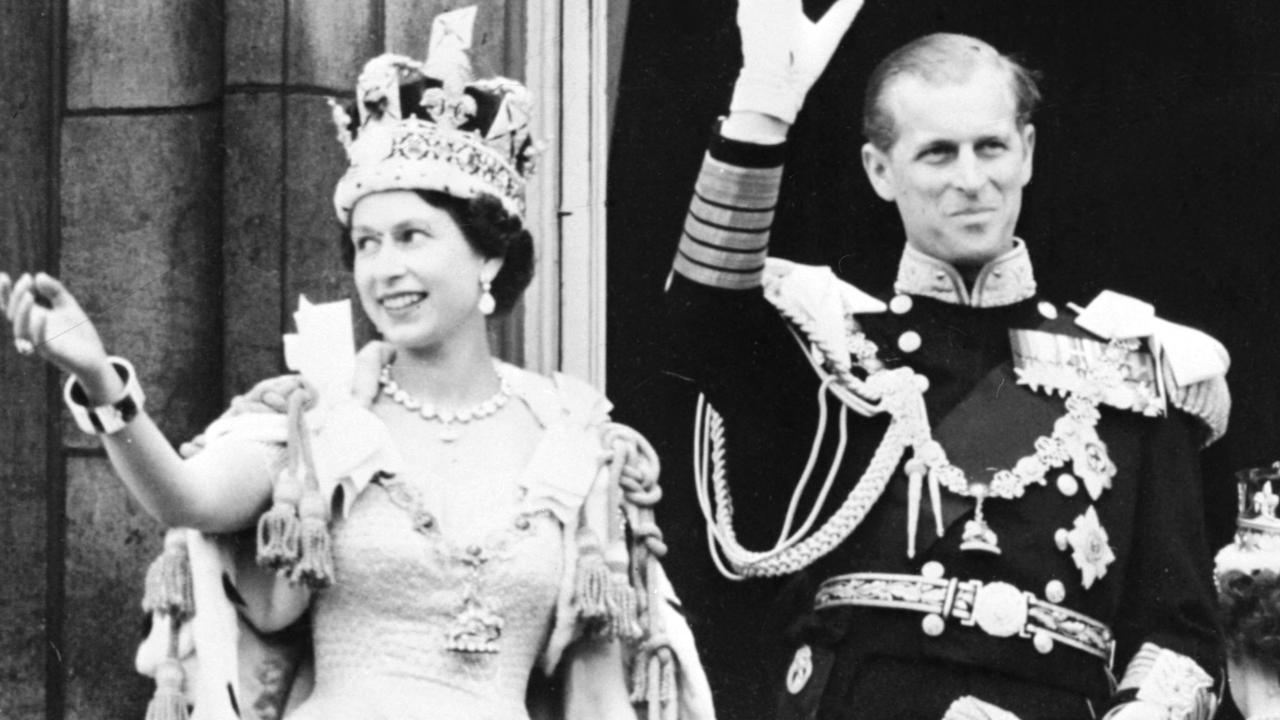King Charles III’s secret coronation plans revealed, service to be slimmed down significantly
Details of the plans for King Charles III’s slimmed down coronation have just been revealed, with big changes to tradition looming.

King Charles III is planning a much shorter and more streamlined coronation than previous monarchs of the United Kingdom, it has been revealed, with details about the historic event emerging in the British news media.
Late last week it was reported that Saturday, June 3 had been chosen as the date for the coronation, which is expected to be slimmed down significantly, in line with Charles’ broader stance on the monarchy.
Now The Mail on Sunday has revealed what, exactly, that slimming down could entail.
The newspaper says the blueprint for Charles’ coronation is known as “Operation Golden Orb”. While Queen Elizabeth II’s coronation lasted almost three hours, her son is planning to have his finished in just over one hour.
To accomplish that goal, some of the monarchy’s more archaic traditions, such as that which involves presenting the new King with gold ingots, could be scrapped (there is talk that such an act, carried out while regular Brits are facing a cost of living crisis, would be unwise).
In addition, the guest list for the event is “likely” to be reduced by three-quarters, falling from 8000 to 2000.
“The King has stripped back a lot of the coronation in recognition that the world has changed in the past 70 years,” a “well placed source” told The Mail.
The Duke of Norfolk, Edward Fitzalan-Howard, is tasked with organising the coronation, though the newspaper reports Prince William will also play a key role.
Stay up to date with the latest news on the British Royals with Flash. 25+ news channels in 1 place. New to Flash? Try 1 month free. Offer ends 31 October, 2022 >

Other changes to tradition are also being flagged. A source told The Mail King Charles, unlike his mother, will go through the entire event without changing his outfit, and the language used “will be adapted so as to be understandable to a more modern audience”.
And the strict dress code, which previously required peers to wear ceremonial robes, may be relaxed to let them don suits instead.
“No coronation robes. Give them to a museum where they belong,” said Lieutenant Colonel Anthony Mather, who was involved in the event’s initial planning.
“It’s not going to be a tweed jacket and a pair of jeans. But morning suit or lounge suit.”
Lt Col Mather added that some peers and members of parliament will miss out on attending under the pared back guest list.
“There are about 700 peers. Well they won’t all be there,” he told The Mail.
“The same with MPs, they won’t all be present. Because he’s not being crowned for them. He’s being crowned for the people.”
Elizabeth II’s coronation, held in 1953, was revolutionary in its own way: for the first time ever, the event itself was televised.
That coronation took place 16 months after she became Queen, so while it seems a long time until June of 2023, Charles’ equivalent period would actually be shorter.
At 74, he will be the oldest British monarch ever coronated.


Elsewhere in royal news, fresh doubt has been cast on one of the more eye-catching claims Prince Harry and Meghan Markle, the Duchess of Sussex, made during their famous interview with Oprah Winfrey.
A new book, Courtiers: The Hidden Power Behind the Crown, has called into question Meghan’s claim that when she suffered suicidal thoughts during her pregnancy with son Archie, she went to Buckingham Palace for help and was callously rebuffed.
“I went to the institution, and I said that I needed to go somewhere to get help. I said that, ‘I’ve never felt this way before, and I need to go somewhere.’ And I was told that I couldn’t, that it wouldn’t be good for the institution,” she told Oprah.
“I went to one of the most senior people just to … to get help.
“I went to human resources, and I said, ‘I just really — I need help’ … And I remember this conversation like it was yesterday, because they said, ‘My heart goes out to you, because I see how bad it is, but there’s nothing we can do to protect you because you’re not a paid employee of the institution.’”
In Courtiers, author Valentine Low delves into this very moment, writing: “It is a strange thought: would anyone really tell a pregnant woman that she could not get the mental help she needs because it would not be ‘good for the institution’? However, until one hears from the other person in the room, it is difficult to know exactly what to make of this.”
Her book raises the possibility that the person that Meghan went to see was Samantha Cohen, an Australian and 17-year Palace veteran who, reportedly at the behest of the Queen, had become the Sussexes’ private secretary ahead of their wedding to help ease the way.
Low writes: “I have known Sam Cohen for over a decade and would say that she is a person of great warmth and empathy. I find it difficult to imagine her rebutting Meghan’s plea in such a cold-hearted way.”
You can read more about that story here.
– with Daniela Elser




